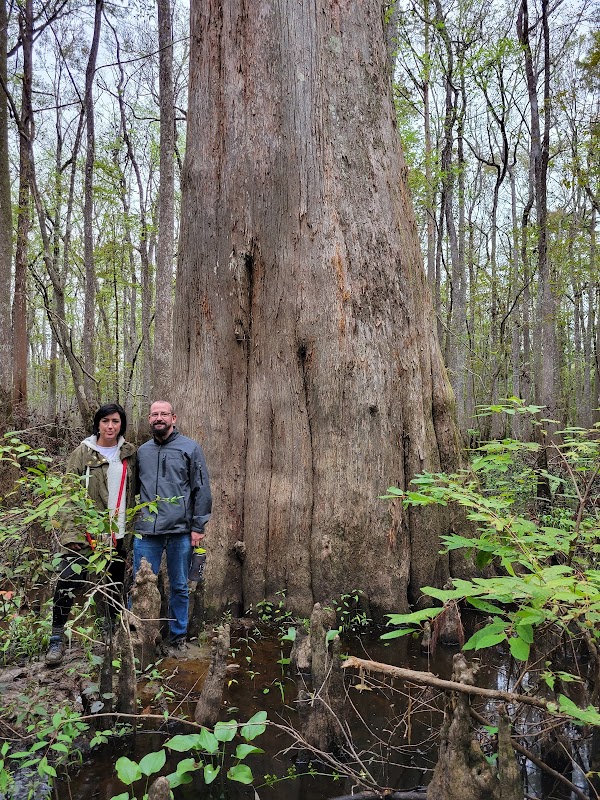Experience the thrill of offshore fishing in Alabama’s Gulf of Mexico with the right gear in hand. This guide highlights essential equipment and preparation tips to help anglers tackle the open sea safely and successfully.
Choose the Right Rod and Reel
Opt for medium-heavy to heavy saltwater rods paired with high-capacity reels to handle large Gulf species and constant saltwater exposure.
Never Skip Safety Gear
Carry an EPIRB or VHF radio and always wear a life jacket. Offshore waters are unpredictable and demand constant vigilance.
Wear UV Protection
Lightweight, long-sleeve UV shirts, hats, and polarized sunglasses protect you from intense sun exposure while improving visibility into the water.
Check Weather and Navigation Tools
Use updated GPS units and marine charts, and plan your trip around weather windows to avoid sudden Gulf storms.
Mastering Gear Essentials for Offshore Fishing in Alabama’s Gulf of Mexico

Offshore Fishing Charter
4,5,6 & 8 Hour Rentals • Up to 6 People • Private Charter
Set sail for an unforgettable offshore fishing adventure with Code Blue Fishing Charters in Fort Walton, Florida. Feel the rush as you hunt for big game fish in the Gulf of Mexico aboard a private, guided boat trip designed for all skill levels.
Offshore fishing in the Gulf of Mexico off Alabama’s coast offers a thrilling mix of open water challenge and bounty. The sea is a restless partner here, pushing back with currents and depths that demand respect and preparation. Before setting out, your gear must be as ready as you are—balanced between toughness and practicality to face sun, salt, and sudden weather changes.
Start with a robust rod and reel combination. A medium-heavy to heavy rod rated for saltwater conditions paired with a strong reel with a high line capacity is vital for battling species like red snapper, grouper, and amberjack that frequent these waters. Braided line is recommended for its abrasion resistance and strength, paired with a fluorocarbon leader to maintain stealth amid clear water.
Safety is non-negotiable on these offshore adventures. Equip yourself with an EPIRB (Emergency Position Indicating Radio Beacon) or at least a reliable VHF radio to maintain contact with the shore or other vessels. Life jackets are mandatory and should be worn at all times—no compromises.
Protective clothing follows the sun’s relentless gaze. Lightweight, UV-protective shirts and pants shield your skin, while polarized sunglasses reduce glare and aid spotting beneath the waves’ surface. A wide-brimmed hat and reef-safe sunscreen complete the defense against the elements.
For bait and tackle, depending on your target species, have a selection ready: live bait like shrimp and small fish excel, but don’t neglect artificial lures designed to mimic the prey that rules these waters. Circle hooks reduce harm to released fish, aligning your practice with responsible fishing ethics.
Waterproof storage boxes and tackle bags with solid seals keep your gear dry and organized amid splashes and unexpected swells. Sturdy, non-slip footwear helps maintain balance on slippery decks or boat surfaces.
Pay attention to navigation and weather gear—GPS devices and updated marine charts steer you through this fierce marine environment, while knowledge of weather patterns helps you avoid the Gulf’s sudden storms.
Packed efficiently, your gear will respond when the ocean demands. The Gulf is fierce but fair; with the right preparation, it rewards the patient angler with moments of pure adrenaline and connection to a force both wild and generous.
Nearby Trips
All Adventures
Boat Charters
Water Activities
Adventures near Mobile
Discover the unique and memorable adventures that make Mobile special.
Frequently Asked Questions
What species can I expect to catch offshore in Alabama?
Popular catches include red snapper, grouper, amberjack, king mackerel, and cobia. Each requires different tactics and gear, but all offer rewarding challenges.
Is it necessary to bring live bait for offshore fishing?
Live bait significantly increases your chances, particularly shrimp and small baitfish. However, high-quality artificial lures tailored to target species can also perform well.
What safety measures should I take before heading offshore?
Always check weather reports, inform someone onshore of your plans, carry communication devices like VHF radio or EPIRB, wear life jackets, and be prepared for seasickness.
Are there any local regulations I should know?
Alabama enforces size and bag limits for species like red snapper. It is important to have the proper licenses and stay updated on seasonal closures to avoid fines.
How far offshore should I go to find the best fishing spots?
Prime spots are often 15 to 40 miles offshore where reefs and wrecks form natural habitats. Consult local guides and charts to locate them efficiently.
What are the best times of day for fishing offshore in the Gulf?
Early mornings offer calm seas and active fish behavior, with late afternoons often seeing another rise in bite activity. Midday can be tough due to heat and sun.
Recommended Gear
Saltwater Rod and Reel Combo
Built to withstand heavy fish and corrosive saltwater, this gear forms the backbone of your offshore fishing experience.
EPIRB or VHF Marine Radio
Essential for emergency communication far from shore; it’s your lifeline against unexpected maritime hazards.
UV-Protective Clothing
Lightweight, breathable clothing with UPF shields skin from relentless Gulf sun and helps regulate body temperature.
Polarized Sunglasses
These reduce water glare, letting you spot fish beneath choppy surfaces and protect your eyes from UV damage.
Local Insights
Hidden Gems
- "The 35 Fathom Reef - an offshore structure known for abundant grouper"
- "Mobile Bay oyster platforms that attract juvenile fish"
- "Cedar Point artificial reefs accessible via short boat rides"
Wildlife
- "Spotted dolphins often accompany boats, curious and lively"
- "Gulf sea turtles patrol in warmer months, a sign of healthy waters"
- "Pelicans dive aggressively, marking feeding zones"
History
"The Gulf’s fisheries are tied to a century-old commercial and sport fishing heritage. Mobile, as a port city, grew alongside offshore industries shaping the fishing culture."
